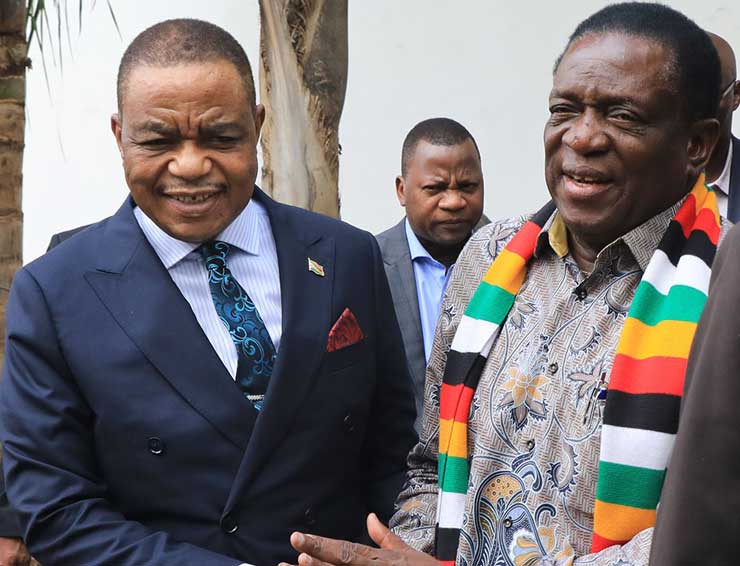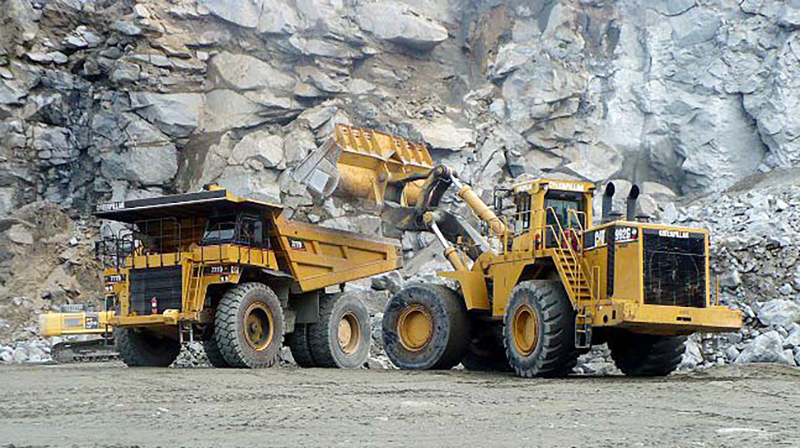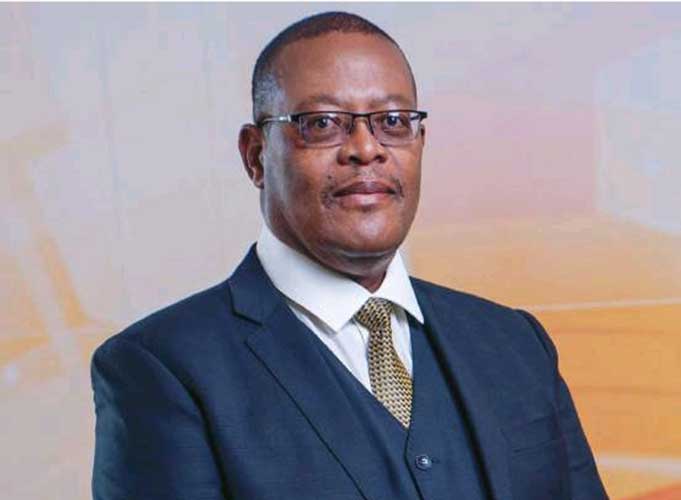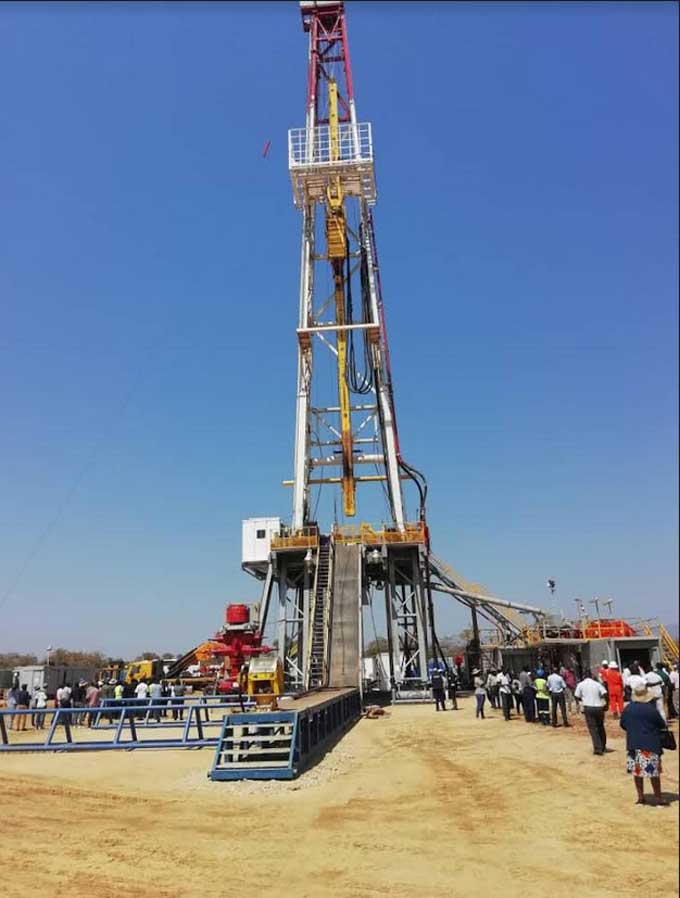
BY MIRIAM MANGWAYA/KENNETH NYANGANI President Emmerson Mnangagwa is increasingly using parallel structures after some Zanu PF organs resisted the imposition of his allies ahead of the ruling party’s congress, insiders say.
Mnangagwa is accused of imposing his ally John Paradza as leader of the Zanu PF youth league, sparking resistance from party structures.
Meetings to introduce Paradza and his new youth league executive ended in violence in Manicaland and Masvingo as Zanu PF factions clashed openly to demonstrate the chasm.
In Mutare, violent scenes erupted during an election to replace former Mutare district coordination committee secretary for youth affairs Danmore Mambondiani, who recently won a position in the national executive.
In Masvingo, violence marred a party youth meeting held at Masvingo Polytechnic where they had met to elect a new provincial youth leader.
The post was left vacant after Paradza’s elevation.
Ruling party insiders said Mnangagwa was using parallel structures such as MenBelievED to organise his 2023 election campaign because of growing mistrust within Zanu PF structures following the emergence of a faction allegedly aligned to Vice-President Constantino Chiwenga.
The MenBelievED group is organising a solidarity march for the Zanu PF leader slated for August 27 at Harare’s Robert Mugabe Square.
- Chamisa under fire over US$120K donation
- Mavhunga puts DeMbare into Chibuku quarterfinals
- Pension funds bet on Cabora Bassa oilfields
- Councils defy govt fire tender directive
Keep Reading
Other groups that are campaigning for Mnangagwa outside Zanu PF structures are Young Women for ED and Varakashi for ED, among others.
Zanu PF spokesperson Christopher Mutsvangwa refused to comment about the march when asked if this was a planned party event.
He referred questions to the organiser of the march and founder of the MenBelievEd group Justice Matsatsira who yesterday said he could only comment about the march on Wednesday.
“I cannot comment right now,” Matsatsira said.
“I am away in the rural areas where I am attending a funeral.
“I will be back on Wednesday when I can give you more details on the march.”
In the past, similar marches were organised by party organs at the height of factional fights in Zanu PF that pitted late president Robert Mugabe and Mnangagwa.
Mugabe was eventually toppled in a coup in 2017, which paved the way for his deputy.
In 2016, former Zanu PF youth secretary Kudzai Chipanga organised a “million-man march” in support of Mugabe amid manoeuvres by a camp linked to Mnangagwa to remove him.
Chipanga also organised youth interface rallies where Mugabe’s wife, Grace would openly dress down alleged Mnangagwa allies.
In 2007, Zanu PF Bulawayo chairperson Jabulani Sibanda organised a similar march in support of Mugabe whose support was waning.
A recently leaked internal police memorandum showed that the ruling Zanu PF party’s popularity is waning at the grassroots following its cell audit that was conducted in June.
Political analyst Sydicks Muradzikwa said the solidarity march in support of Mnangagwa was senseless when the country was battling various social, political and economic crises.
“The planned solidarity march is an idea born out of extreme actions of solidarity and misguided ultra-patriotism ideologies among President Mnangagwa’s camp,” Muradzikwa said.
“Any action intended to show genuine solidarity should be anchored on political common sense and rationality.
“Regrettably, this is what happens when public support for politics is incentivised and is further devoid of political reasoning and common sense.”
Another analyst Vivid Gwede said the solidarity march showed that trouble was brewing in Zanu PF.
“We would surmise what else do the president’s supporters perceive as his difficulties if not the spectres of factionalism in his party or the approaching elections where his chances are being daily chipped away by the economic collapse,” Gwede said.
“A government and leadership that are doing well do not need solidarity marches.”
Mnangagwa is eyeing a second full term in next year’s elections where he is set to face Citizens Coalition for Change leader Nelson Chamisa, whom he narrowly beat in the disputed 2018 elections.
An Afrobarometer survey in June showed that 33% of respondents said they would vote for Chamisa against 30% for the Zanu PF leader.










